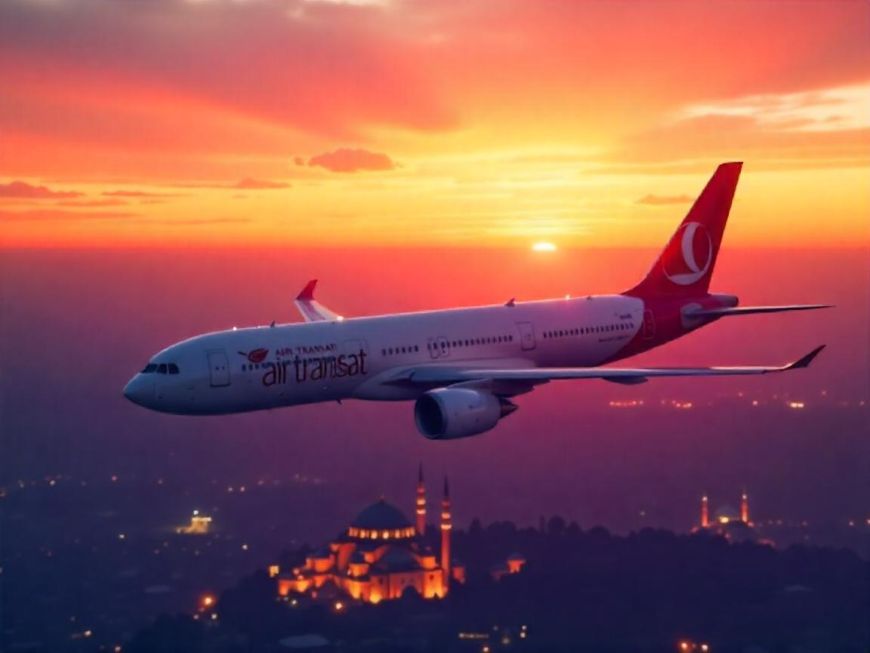Why Africans are losing faith in elected governments - Stakeholders
A coalition of African leaders, scholars, activists, and policymakers has declared that democracy on the continent must evolve beyond the ritual of elections to deliver real justice, dignity, and development for the people.
The coalition noted that the current democratic crisis in the region is not just about flawed institutions but about the lack of substantive outcomes that improve citizens’ lives.
According to the coalition, Africa must begin to see democracy through a decolonial, people-centred lens grounded in African realities and inclusive of historically marginalised groups, including women, youth, persons with disabilities, and rural communities.
The leaders stated these at a high-level dialogue on reimagining democracy in Africa, held in Pretoria, South Africa, which brought together over 200 participants, including policymakers, civil society leaders, academics, and former heads of government
The two-day event was hosted by International IDEA in partnership with the Open Society Foundations, the African Union, the European Union, Switzerland’s foreign ministry, and South Africa’s Department of International Relations and Cooperation.
Held in advance of South Africa’s G20 presidency in November, the dialogue focused on how Africa and the Global South can respond to the rise of authoritarianism, military coups, and public disenchantment with political institutions.
Despite polling that shows 66 per cent of Africans still prefer democracy, many speakers noted that its failure to deliver real economic and social outcomes is driving citizens to question its relevance.
Speaking, former Prime Minister of Sudan, Dr. Abdalla Hamdok, said it is not true that the citizens of the world have declined to accept democracy.
According to him, the decline in democracy is the result of poor economic performance, widespread corruption, and weak governance.
He said, “Most Africans are dissatisfied with how democracy is performing. When democratic governments fail, the military steps in. This does not necessarily mean that people want the military. It’s a reflection of frustration and abandonment.
“We must deepen the role of the state and strengthen the links between democracy, development, and peace. Countries around the world are experiencing economic recession. Rising nationalist and populist governments, along with undemocratic changes in government, are seriously challenging the universal acceptance of democracy.”
Secretary-General of International IDEA, Dr. Kevin Casas-Zamora, underscored the symbolic and practical significance of South Africa as a founding member of International IDEA.
Reflecting on IDEA’s evolution into a global platform supporting electoral integrity, constitutional development, and democratic accountability, he acknowledged the ongoing democratic backsliding worldwide.
He said, “Democracy is not a Western import. It is a universal aspiration. The Global South must lead in sharing and upholding its democratic innovations. International IDEA offers a vital platform for this exchange, supporting comparative knowledge, capacity-building, and collective action against threats to democracy.”
A member of the Open Society Foundations, Dr. Chukwumeka Eze, observed that failure to address critical economic questions impacts how citizens perceive the very concept of democracy.
He said the dialogue allows stakeholders to collectively reflect on the shared challenges of the Global Majority and reimagine democracy as a tool for delivering dignity, not just holding elections.
Director at the Centre for Human Rights, University of Pretoria, Prof. Nkata Murungi, stressed the shifting landscape of political agency across the continent.
She said, “How do we leverage the momentum to play a meaningful role when it comes to participation within the African context? Governments did not give protesters power; they took their own power. That power has coalesced around rights, equity and justice.
“The people protesting today are those often considered apathetic to government. That is young people, people in informal settlements, and women. This is political consciousness. The young people are the ones in the streets pushing for accountability.”
A member of the Organisation of American States, Dr. Betilde Muñoz-Pogossain, explained that democracy must not merely represent, it must deliver, saying that free and fair elections are essential, but not sufficient.
She outlined regional innovations, including the codification of social rights, citizen engagement frameworks, and inclusive policymaking processes guided by this principle.
A feminist and grassroots leader, Ikram Ben, noted that the feminist and community-led movements are already reimagining democracy in practice.
“For us, democracy is not just about civil and political rights. It’s about justice, care, and transformation. Misogyny and queerphobia are used by authoritarian regimes as tools of repression, and rolling back gender rights is often a precursor to broader democratic regression,” she said.
On his part, Chairperson of South Africa’s Portfolio Committee on International Relations and Cooperation, Hon. SOR Mahumapelo, called for the establishment of a continent-wide Independent Electoral Commission to harmonise election outcomes and improve transparency.
He further proposed the use of AU and Pan-African Parliament mechanisms to advance the vision of a united African state.
A member of the Non-Aligned Movement Centre for South-South Technical Cooperation, Ambassador Diar Nurbintoro, said reinvigorating democracy takes time and requires listening to people most affected by the issues.








